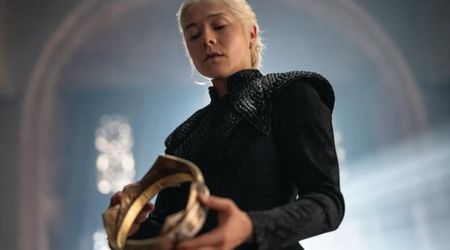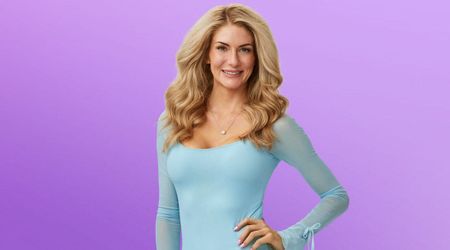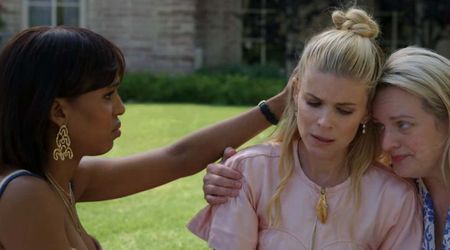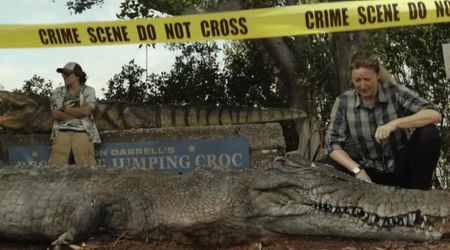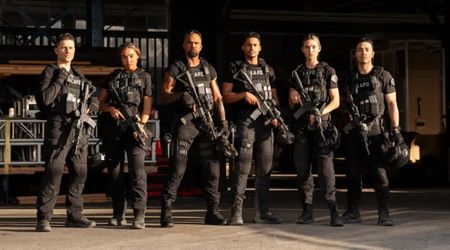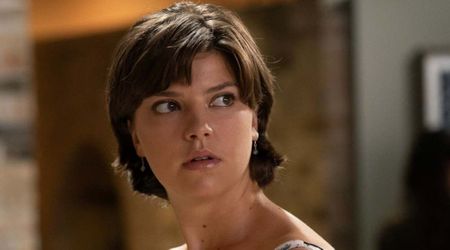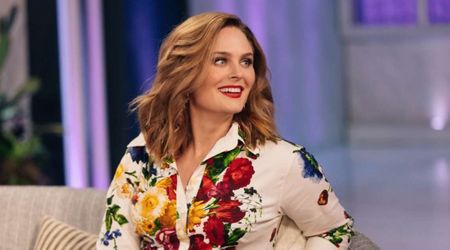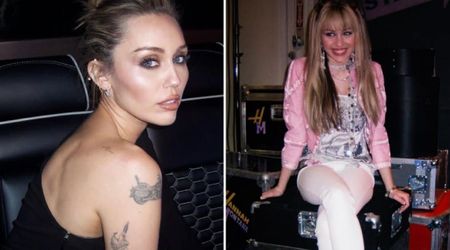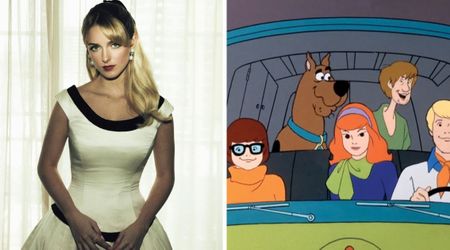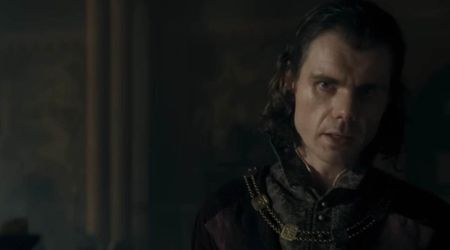'The Society' season 1 presents a sinister look at politics and the American society through its teenage characters

Rarely does a series that is slotted in the young adult category impress an audience outside of the intended circle. And Netflix's 'The Society' is one of those rare series that does so with ease.
SPOILER ALERT FOR SEASON 1 OF THE SOCIETY
Through ten hour-long episodes, we follow a group of teenagers who are mysteriously transported to a facsimile of their posh New England town without their parents. The teens are now left to limited resources both mental and material considering how they are stuck in this town surrounded by a vast expanse of just forest and no conceivable way to establishing contact with the outside world.
At this point, their agenda is not only unraveling the mystery of how they got here in the first place but also survival. And how does survival happen? By building a society.
In the beginning, when the teenagers have just discovered their freedom, the power to do anything gets to their heads. But actions have consequences and it takes the group a little while to come to terms to the fact that order can only be restored by implementing rules.
The foundation of any sort of 'government' in 'The Society' is first laid by Cassandra Pressman (played by Rachel Keller). Some peace is restored as Cassandra, a natural leader takes charge and sets certain boundaries that keep the hooligans in the teenagers in check. But it is after her death that 'The Society' finally shows the complex nature of societies.
After Cassandra's murder, her sister Allie ( Kathryn Newton) takes the reigns to keep their new home safe. And not just secure but also flourish - she instills a committee to figure out how they can go home, she sends a group into the forest to find agricultural land and food. She makes rules, rations food and supplies to ensure that everyone is fed. Under Allie, the new society also gets gun regulations after she confiscates as many guns as she can.
Sisters Cassandra and Allie defend a communist society where everybody works and everybody shares everything. They believe that their society can only stay alive if everyone works together towards peace and harmony. Towards the end of the first season, Allie calls for an election saying democracy is the next step for them.
New Ham (or which was formerly know as West Ham before the teenagers were mysteriously transported) is a dominantly upper-class town. So naturally, Cassandra and Allie's communist approach doesn't have many takers.
One of them is Harry Bingham (played by Alex Fitzalan), the popular and wealthy son of the town mayor. Harry thinks that the best way for everyone to survive is if they live off their own resources without mooching off those who have the resources. He dislikes it when he is required to share his resources - food and shelter - with others from the new society. Harry, in all his element, belongs to the 'haves' of the society - who do not care about the 'have nots'.
Harry is like everyone from his jock group (perhaps with the exception of Grizz, played by Jack Mulhern) including the wicked Campbell Eliot (played by Toby Wallace). Resenting Cassandra and Allie's communist approach, the jocks go into overdrive and resort to violent measures to take things under their control.
Will, played by Jacques Colimon, comes from a low-income background and a neighborhood outside of the posh town. In 'The Society', Will represents those most vulnerable in society because they only have limited resources. He depends on a communist philosophy for survival.
In the last two hours of 'The Society', the Guards are getting agitated that most of the power in their society is concentrated with Allie. And because they "do all the dirty work" and have the power, they want to seize control and run the place. At first, Allie even warns them saying they're military and the military cannot rule over subjects. But her efforts are in vain as the Guards soon change parties. The Guards apparently represent military dictatorship.
At this point, another character rises to take the mic - Lexie (played by Grace Victoria Cox). On the show, Lexie represents anti-establishment populists. Her points play to the public's interest. While her points may be right, they are only half right, which, in Allie's words, is far more dangerous.
It isn't all that surprising. Looks like all teenagers do when they are put in a pressure capsule-like 'The Society' is making the same mistakes that man made throughout history.
If you have an entertainment scoop or a story for us, please reach out to us on (323) 421-7515

